WANE-15 is carrying a report that Citilink is facing a $518,339 shortfall this year due to the State’s rescinding of a grant. What’s even more interesting about this are the ticket sales versus expense figures. The report cites the 2006 Citilink Annual Report in which it stated total expenses at $9,249,327 and direct revenue from ticket sales and contracts at only $1,071,737. The report states the remaining $8,177,590 comes from Local, State and Federal “Assistance”. I am wondering if “Assistance” means taxes in the Local and State instances? To clarify this, I am emailing Citilink for a response.Â
What astounds me about this is the extremely low amount contributed from those actually using the services provided. It works out to about 11%. If you look at the operating expense per passenger trip, it works out to $4.78 vs the $1 a rider pays per trip. However, if someone buys a 30 day pass, it could work out to even lower than $1 per ride. Keep in mind, these are from the 2006 Annual Report when Diesel prices were $2.30 vs the current $4+ price per gallon.
To it’s credit, Citilink has talked about raising their rates several times over the last few years. Every time it’s talked about, however, they defer in the interest of protecting their riders. While this is admirable because the vast majority of their riders are at or below the Federal Poverty Guidelines, things are getting too tight for this to be a deciding factor in the final equation. With lost revenue due to a drop in “Assistance” from property taxes something has to give. They no longer can go to property owners to subsidize the corporation any longer. The only question that remains is the amount of the price hike.
This poses a huge challenge to the leadership at Citilink to survive because even if this shortfall is overcome, with rising Diesel prices and property tax caps, other revenue streams are needed.
Some other Citilink facts from the WANE-15 report:
51 busses: all use a “ultra-low sulfur diesel fuel blend with a 20% bio-diesel fuel blend,” said [Betsy] Kachmar. While it’s a more expensive, environmentally friendly fuel, she says Citilink works with the City of Fort Wayne and other entities to purchase the fuel in bulk at a discount.
122 employees: 89 are bus drivers. The rest make up maintenance and administration positions. 105 are full-time, the rest are part-time positions.
$1.00 base rates: with $0.75 rates for youth, $0.50 rates for the elderly and disabled. Passes can be purchased for up to $45.00 a month, with lower prices depending on age and handicap status.
389,317 gallons:Â total fuel consumption for 2006.
Citilink Diesel Costs:
May 2006Â Â Â Â Â Â Â $2.2973
May 2007Â Â Â Â Â Â Â $2.3033
April 2008Â Â Â Â Â Â Â $3.6724
May 2008Â Â Â Â Â Â Â $3.8079Ridership Trends:
2006Â Â Â 1,935,587
2005Â Â Â 1,758,336
2004Â Â Â 1,647,578
2003Â Â Â 1,557,321
2002Â Â Â 1,438,431
[poll=4]
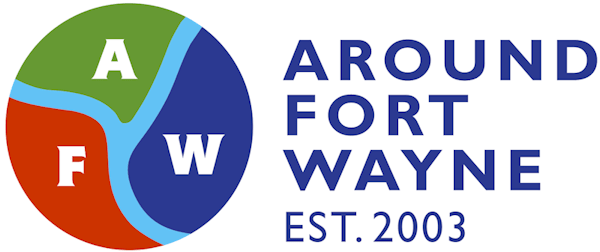
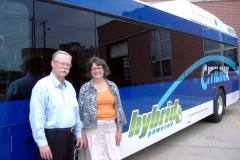
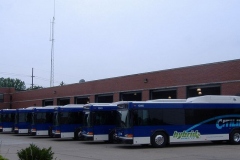
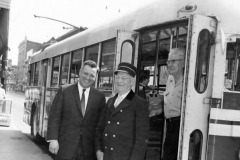
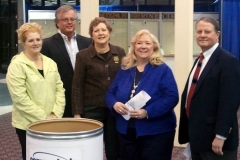


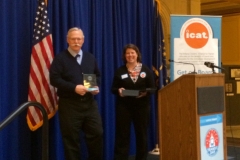
Steve – Compare the just over $500,000/yr shortfall with the tax-generated contribution of $1 million/yr. from our Grand Wayne Center budget toward the new unneccessary downtown hotel. Which expenditure yields the greater benefit and utility to our citizens? I say, the support of CitiLink is MUCH more important to our downtown than an unneeded new hotel!
John – Yes, I agree that support of Citilink is more critical than the GWC. However, I also think it’s time for the riders to step up and pay a bit more of their share. Expense per passenger ride is almost $5 and they only pay $1 per ride? That’s a little out of whack.
Thanks for the comment!
Stephen